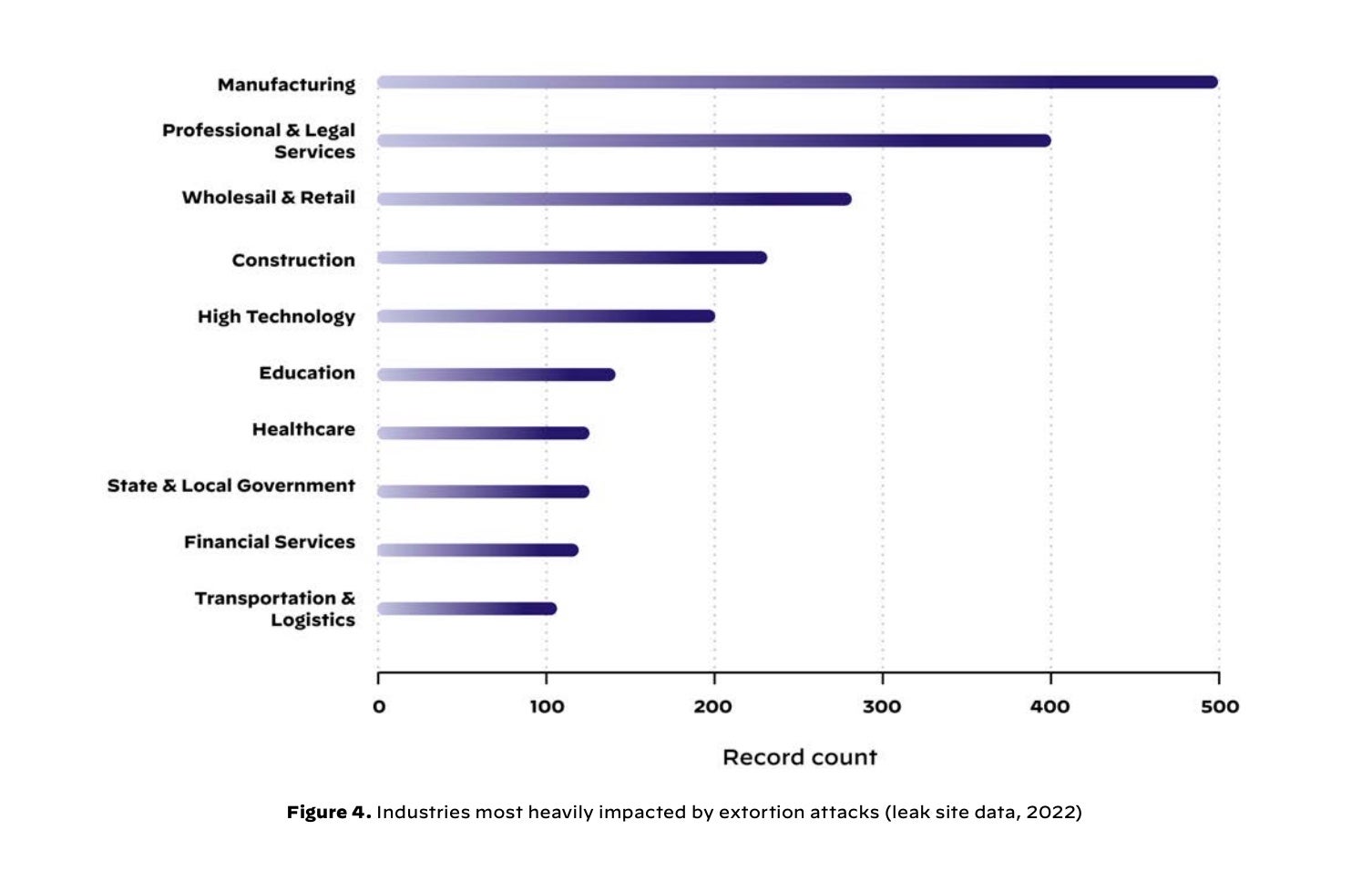
APM is a Business Reporter client
In today’s fast-paced, ever-changing business environment, disruption is the norm rather than the exception. An agile approach to strategic change could help.
From technological advancements and shifting market dynamics to unexpected global challenges, businesses face constant challenges that demand swift, effective responses.
To remain competitive and prepared for unforeseen disruptions and emerging opportunities, business leaders are increasingly embracing strategic agility. In a recent survey of over 500 business leaders by Association for Project Management (APM), almost half (49 per cent) said they update their strategies at least every three months due to factors such as the rise of AI, global instability and sustainability pressures. The findings show a significant shift away from traditional long-term planning and a growing reliance on rapid short-term strategy updates, driven by the urgent need to adapt quickly to emerging trends and increasingly complex challenges.
But rapid and regular strategic change can pose its own risks. So how can business leaders use agility for strategic benefit while mitigating those risks?
Success stories of agility in action
Consider the tech industry, where companies must constantly innovate to stay ahead. A leading tech company’s iterative approach to product development, supported by agile project management methodologies, has enabled them to maintain market leadership. Similarly, during the Covid-19 pandemic, communications businesses such as Zoom adapted their infrastructure and services to meet a sudden surge in demand, demonstrating how agility can drive success even in the most challenging times.
Outside of tech, some retailers have adopted agile supply chain management, allowing them to respond to fashion trends and consumer demands rapidly. By emphasising flexibility, real-time data and collaboration with suppliers, they can produce and deliver new products faster and staying competitive in a fast-paced market.
These examples underscore the critical role of strategic agility and project management in navigating complexity.
Preparing for the future
To embrace strategic agility effectively, organisations must invest in both leadership development and project management capabilities. Leaders need to cultivate a mindset of adaptability and openness to change. By fostering a culture of agility and collaboration, businesses can not only weather disruptions but also transform them into opportunities for growth. Project professionals should be at the forefront, guiding organisations toward a future where adaptability is the ultimate competitive advantage. In an era of uncertainty, one thing is clear: strategic agility is no longer optional – it is essential.
Growing recognition of project management
APM is supporting business in recognising project management principles and the pivotal role that project experts play when it comes to strategic execution. In the first of a series of upcoming APM white papers for the business leadership community, titled The Difficult Questions You Must Ask of Your Strategy, Dr Paul Chapman, former APM Vice President and Director of the UK government’s Major Project Leadership Academy, and Alistair Godbold, Vice President of APM and Director at The Nichols Group, explore how project management can help businesses stay resilient in a volatile landscape.
The paper poses – and answers – a series of questions which business leaders should ask of their strategy, including: Is my strategy deliverable? Is the proper sponsorship in place? How do you integrate transformation with business as usual? How resilient is your strategy?
APM supporting business in delivery of change
Embedding good project practices is vital for success and growth, which means having access to the right skills. APM is the only chartered organisation representing the project profession in the world and is committed to supporting businesses and their employees to prosper and grow, through its resources, and qualifications including Chartered Project Professional (ChPP) standard. APM also provides business leaders with the tools and knowledge necessary to navigate the complexities of modern business and drive effective transformation, through white papers, roundtables and thought leadership.
Visit apm.org.uk for details on how APM can help you and your business; to receive regular updates containing the latest thought leadership on the project profession and its impact on business, email [email protected]
Source: independent.co.uk


